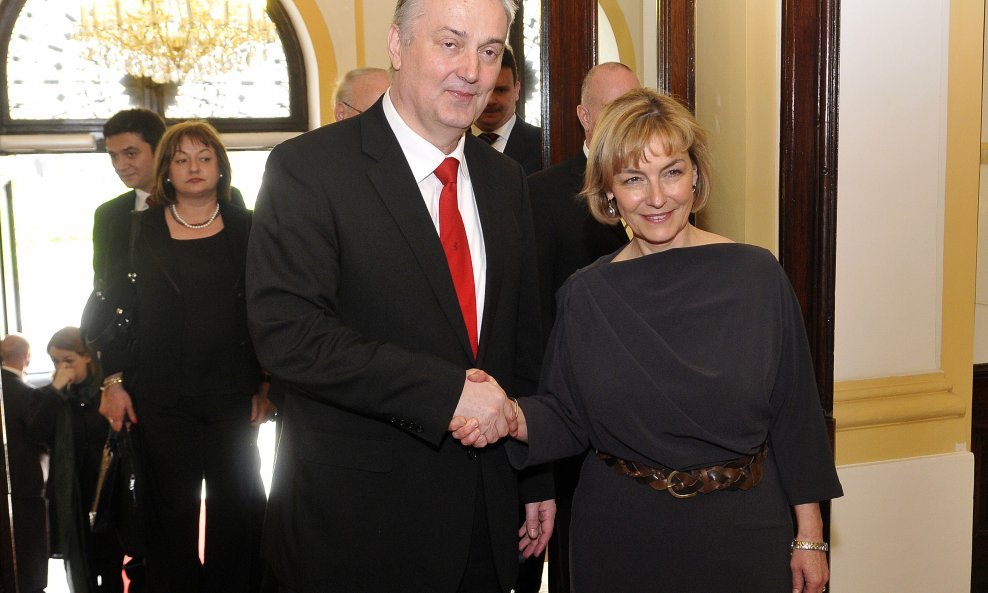The Croatian Minister of Foreign and European Affairs, Vesna Pusic, said on Monday, that the Tudjman-Izetbegovic agreement of 1999, under which Croatia was willing to cede the tip of the Klek peninsula and the small islands in Mali Ston Bay to Bosnia and Herzegovina, would most probably be proposed for ratification by the Croatian Parliament.
The Sarajevo daily Dnevni Avaz quoted Bosnian Foreign Minister Zlatko Lagumdzija as saying on Monday that it was confirmed at his meeting with Pusic at the weekend that Croatia must have some sort of communication between the two parts of its territory that are cut off at Neum, but that a solution to the problem should not encroach upon the sovereignty of Bosnia and Herzegovina.
The small islands of Veliki Skolj and Mali Skolj in the Bay of Neum should belong to Bosnia and Herzegovina, but Croatia should be allowed to connect its territory in an appropriate way, Lagumdzija said.
Pusic told Croatian Radio on Monday that the issue had been discussed in Croatia for months, and that the agreement reached in 1999 by the then presidents of Croatia and Bosnia and Herzegovina, Franjo Tudjman and Alija Izetbegovic, would most likely be sent to the Croatian Parliament for ratification. She said that the agreement had been ready for ratification in 2005, and that Croatia was not giving up anything.
"It is wise to reach reasonable agreements that are in the interests of both countries," Pusic said.
Vladimir Seks, a member of Parliament from the strongest opposition party, the Croatian Democratic Union (HDZ), told the radio that ratification of the Tudjman-Izetbegovic agreement would require the support of two-thirds of lawmakers because it meant that Croatia was renouncing sovereignty over a part of its own territory.
According to Seks, the two islets have historically always belonged to Croatia and have never been under the jurisdiction of another state except during Ottoman rule.
"That's why cession under that agreement would mean changing the border and that Croatia is giving up a part of its territorial sovereignty," Seks told Croatian Radio.
Seks said that he was against the ratification of the agreement in 1999, claiming that the already very ill Tudjman was misled.

































